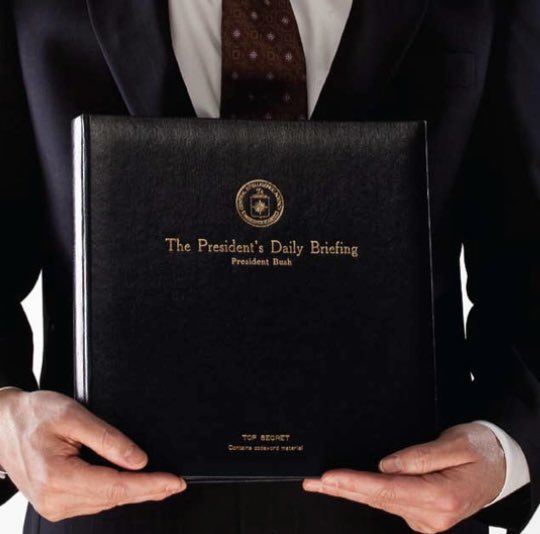THREAD: Today, I tried to recall other presidents’ reactions to national tragedies.
Because what I heard today sounded a bit ... different than my memories of how other presidents have risen to occasion.
Here’s some of what I found:
Because what I heard today sounded a bit ... different than my memories of how other presidents have risen to occasion.
Here’s some of what I found:
Abraham Lincoln post-Gettysburg:
“The world will little note, nor long remember what we say here, but it can never forget what they did here. It is for us the living, rather, to be dedicated here to the unfinished work which they who fought here have thus far so nobly advanced.”
“The world will little note, nor long remember what we say here, but it can never forget what they did here. It is for us the living, rather, to be dedicated here to the unfinished work which they who fought here have thus far so nobly advanced.”
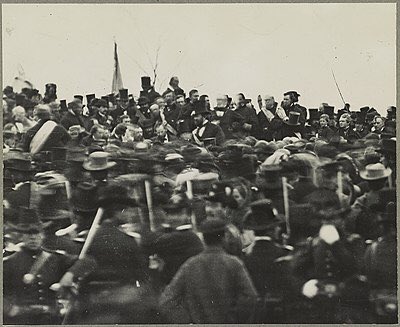
Ronald Reagan after the loss of space shuttle Challenger and its crew:
“We will never forget them, nor the last time we saw them, this morning, as they prepared for their journey and waved goodbye and slipped the surly bonds of Earth to touch the face of God.”
“We will never forget them, nor the last time we saw them, this morning, as they prepared for their journey and waved goodbye and slipped the surly bonds of Earth to touch the face of God.”
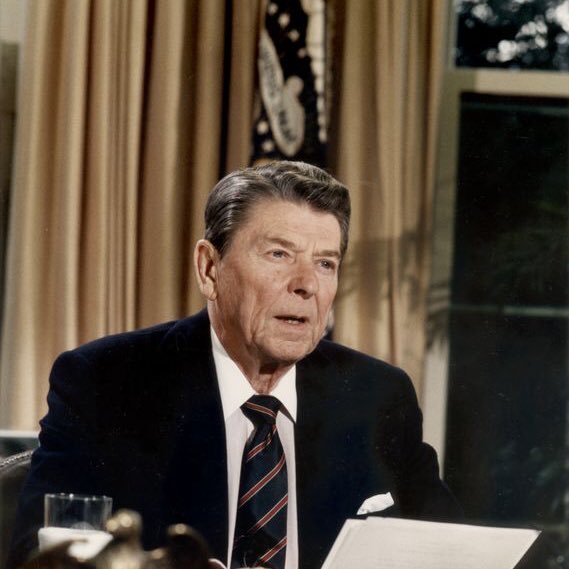
Bill Clinton after the Oklahoma City bombing:
“When there is talk of hatred, let us stand up and talk against it. When there is talk of violence, let us stand up and talk against it. In the face of death, let us honor life.”
“When there is talk of hatred, let us stand up and talk against it. When there is talk of violence, let us stand up and talk against it. In the face of death, let us honor life.”
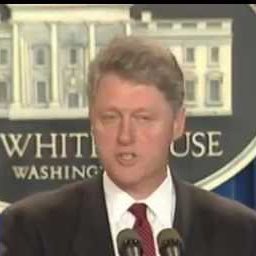
George W. Bush after the 9/11 attacks:
“Terrorist attacks can shake the foundations of our biggest buildings, but they cannot touch the foundation of America.”
“Terrorist attacks can shake the foundations of our biggest buildings, but they cannot touch the foundation of America.”

Barack Obama after the Newtown massacre:
“I can only hope it helps for you to know that you’re not alone in your grief, that our world, too, has been torn apart, that all across this land of ours, we have wept with you. We’ve pulled our children tight.”
“I can only hope it helps for you to know that you’re not alone in your grief, that our world, too, has been torn apart, that all across this land of ours, we have wept with you. We’ve pulled our children tight.”
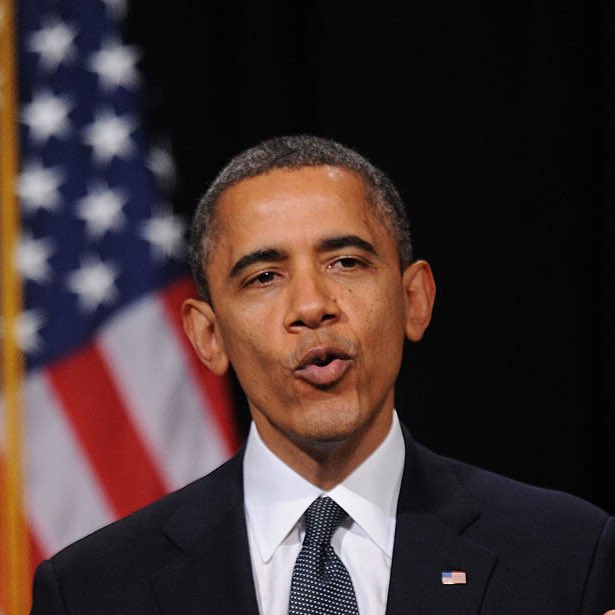
When the country suffers a tragedy and enters a period of national mourning, presidents don’t always do the right things.
But at such times, the least we can expect is for the president to elevate the rhetoric to something greater than himself.
That’s all.
/end thread
But at such times, the least we can expect is for the president to elevate the rhetoric to something greater than himself.
That’s all.
/end thread
• • •
Missing some Tweet in this thread? You can try to
force a refresh



